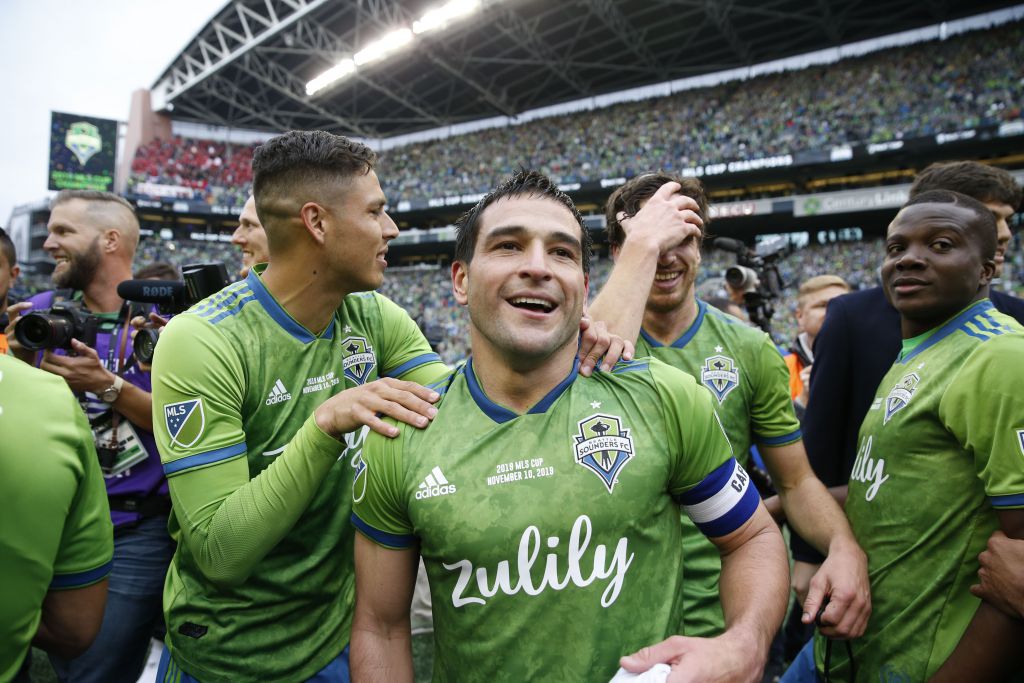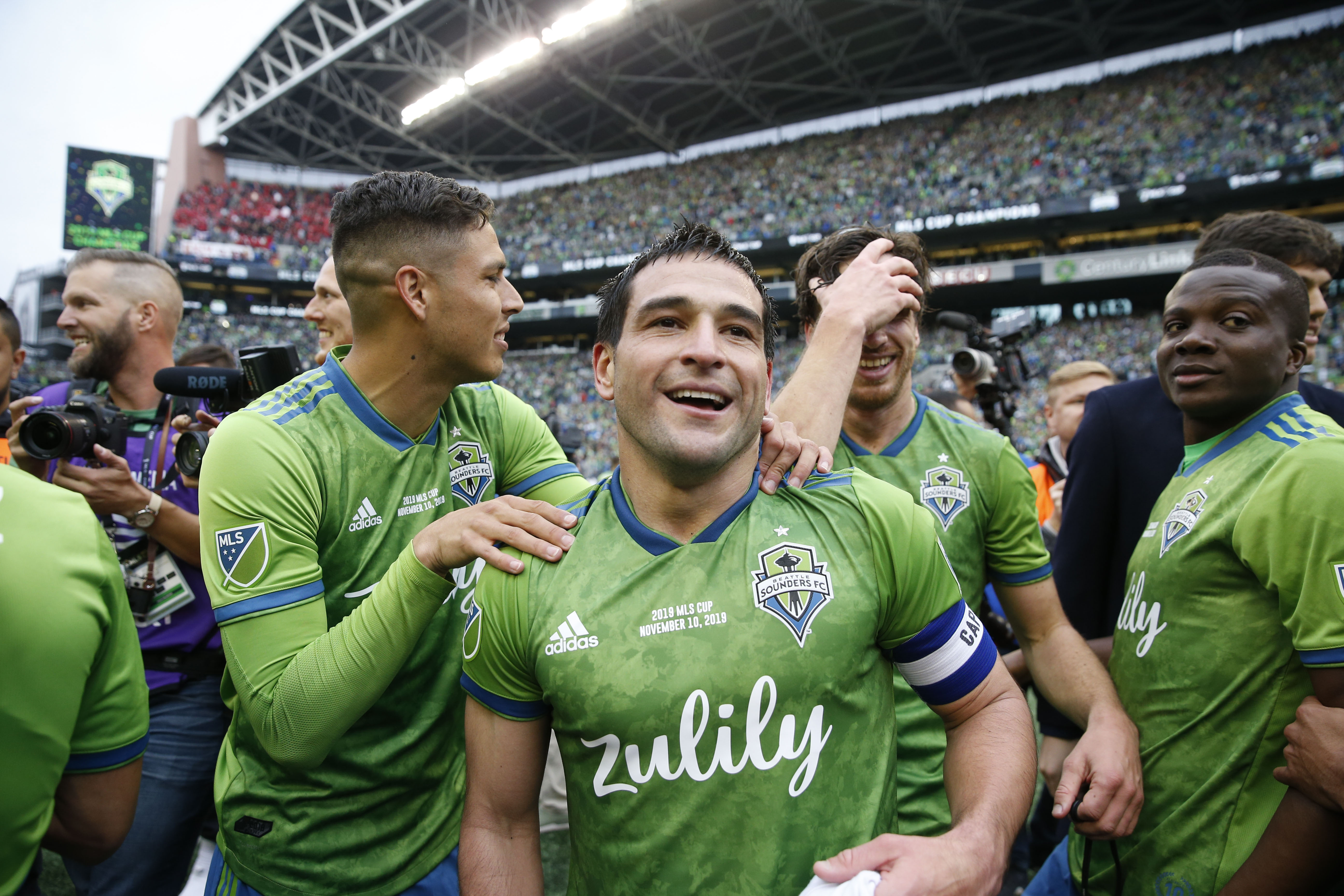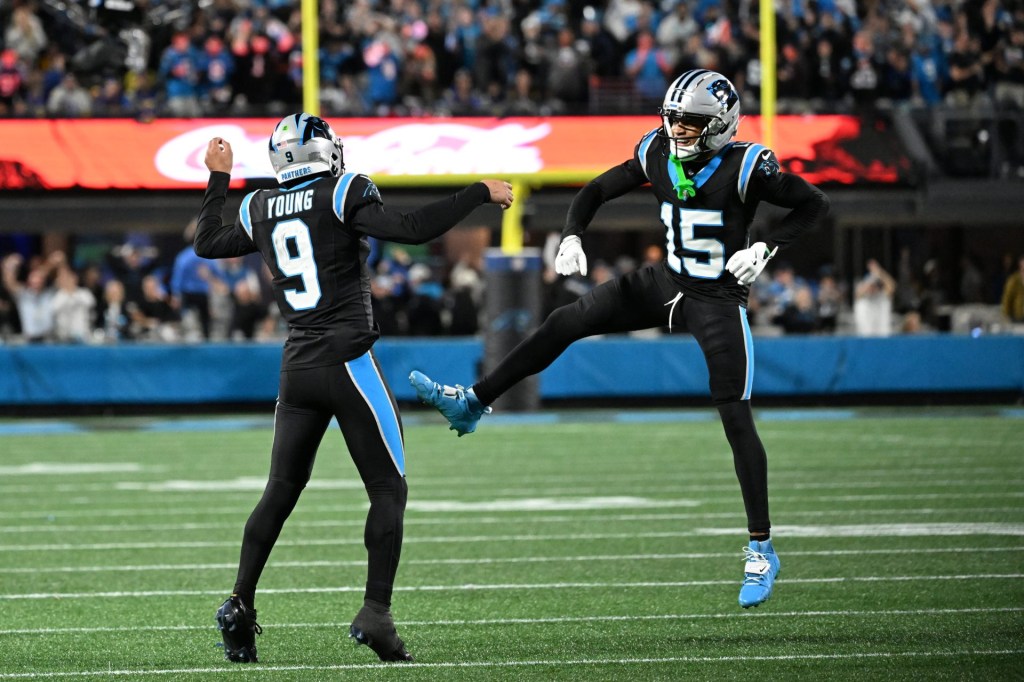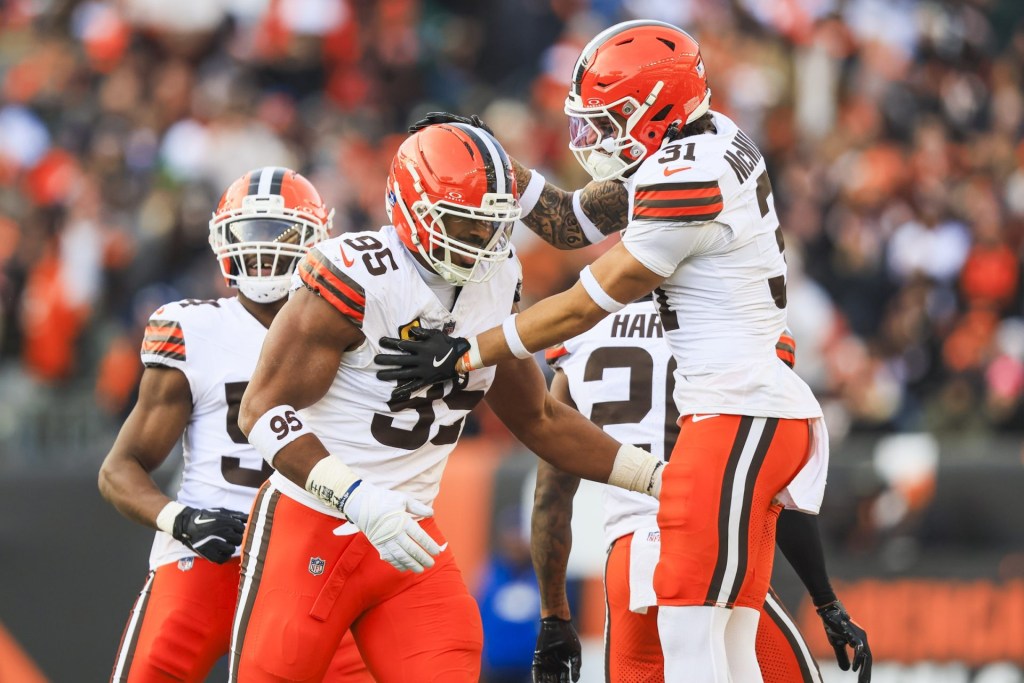
In 2019, Major League Soccer showed signs of strides, as well as setbacks, when it comes to embracing gender and racial diversity in the workplace.
According to the 2019 MLS Racial and Gender Report Card from the University of Central Florida’s Institute for Diversity and Ethics in Sports, MLS received a B with a combined score of 82.9% for its gender and diversity hiring practices. This represented not only a 2.1% drop in the overall score but a decline from an overall letter score of B+ in 2018.
Indicative of MLS’s 2019 diversity performance is the disparity between its gender and racial diversity scores. Its racial hiring practices saw a 1.4% rise year-over-year to 93.9%, leading to an A in this category. Since 2017, its racial-hiring percentage has risen by 5.7 percentage points.
For its gender diversity, however, the league earned a 72%, culminating in a C grade. It marked a third consecutive year of declines after it scored as high as 81% for gender hiring in 2016. It also was its lowest score in this category dating back to 2007.
“Major League Soccer has a longstanding commitment to hiring and retaining employees that reflect a multicultural workforce,” said MLS President and Chief Administrative Officer JoAnn Neale in an email. “While the league is heavily focused on diversity and inclusion, we know there is still more work that can be done. We remain determined to recruit a diversity of thought across all aspects of our business to bring innovative ideas to the organization and to continue to build an inclusive workplace.”
Similar to other leagues, racial hiring has been gaining traction while gender hiring has been slipping in MLS.
Dr. Richard Lapchick, the director of UCF’s Institute for Diversity and Ethics in Sports, notes that MLS earned an A+ in racial-hiring trends for the league office, head coaches/managers, players, and assistant coaches. It also received an A- and B for racial hiring across professional and senior administration positions, respectively. Its lowest grade in this category was a B for team senior administration – an improvement from the C+ it had in 2018.
For gender hiring practices, MLS earned grades of B, C+, and an F in the league office, team professional administration and senior team administration, respectively.
“The fact that they had their highest racial score in 15 years is something to applaud MLS for,” Lapchick said. “The league office has a terrific record in terms of setting the pace with the hiring of people of color and women in large percentages. But the obviously terrible news is that the gender score has continued to go down and drop rather precipitously over the last two years.”
“I think it’s something that is not only happening in Major League Soccer but across women in sports, the gender hiring grade has been going down,” Lapchick added.
READ MORE: MLS Players Association Addresses List of Demands In Ongoing CBA Talks
While Lapchick is concerned about MLS’s below-average gender hiring practices, he thinks that the league can improve through its more impressive racial hiring methods.
With the success that MLS has had with racial diversity, Lapchick believes that it could benefit from applying that same recruiting strategy for people of color with female candidates.
Lapchick also noted MLS’s desire for a diverse pool of candidates. In 2019, it earned an A+ for its diversity initiatives for the tenth consecutive season. While this achievement isn’t necessarily reflective of a holistically progressive MLS, it’s evidence that it is at least initiating the conversation, said Lapchick.
The more that MLS employees begin discussing it, it’ll start spreading across the league, said Lapchick. Upper management will want to add diversity hiring as a performance goal. More ethnically and gender-diverse candidates will begin emerging for all job opportunities. And soon enough, what’s happening at the league office will begin to gravitate across its growing number of teams.
“At the league level, perhaps it would be good for them to go team-by-team and see who is applying those diversity initiatives at the club level and also where they’re not to help them and encourage them to do so so that they’ll change the hiring practices at the team [level],” Lapchick said.
READ MORE: NFL Fumbles In Latest Diversity Hiring Grades
Lapchick points to Neale’s presence as someone who can spearhead change on the gender-diversity front. As MLS’s president and chief administrative officer, Neale already has a track record for promoting women in the workplace. Along with Commissioner Don Garber’s open commitment to diversity, Lapchick remains hopeful that more change is on the horizon at MLS.
But, like professional sports as a whole, the struggles of gender diversity are real – and something that needs to be constantly addressed.
“This is an issue of society in America where we’ve gotten good at emphasizing racial issues and pointing them out and trying to address them,” Lapchick said. “We’re not great at it yet, obviously, but we too frequently don’t talk about gender when it needs to be talked about. And it does need to be talked about in professional sport.”







![[Subscription Customers Only] Jun 15, 2025; Seattle, Washington, USA; Botafogo owner John Textor inside the stadium before the match during a group stage match of the 2025 FIFA Club World Cup at Lumen Field.](https://frontofficesports.com/wp-content/uploads/2026/02/USATSI_26465842_168416386_lowres-scaled.jpg?quality=100&w=1024)
![[Subscription Customers Only] Jul 13, 2025; East Rutherford, New Jersey, USA; Chelsea FC midfielder Cole Palmer (10) celebrates winning the final of the 2025 FIFA Club World Cup at MetLife Stadium](https://frontofficesports.com/wp-content/uploads/2026/02/USATSI_26636703-scaled-e1770932227605.jpg?quality=100&w=1024)







